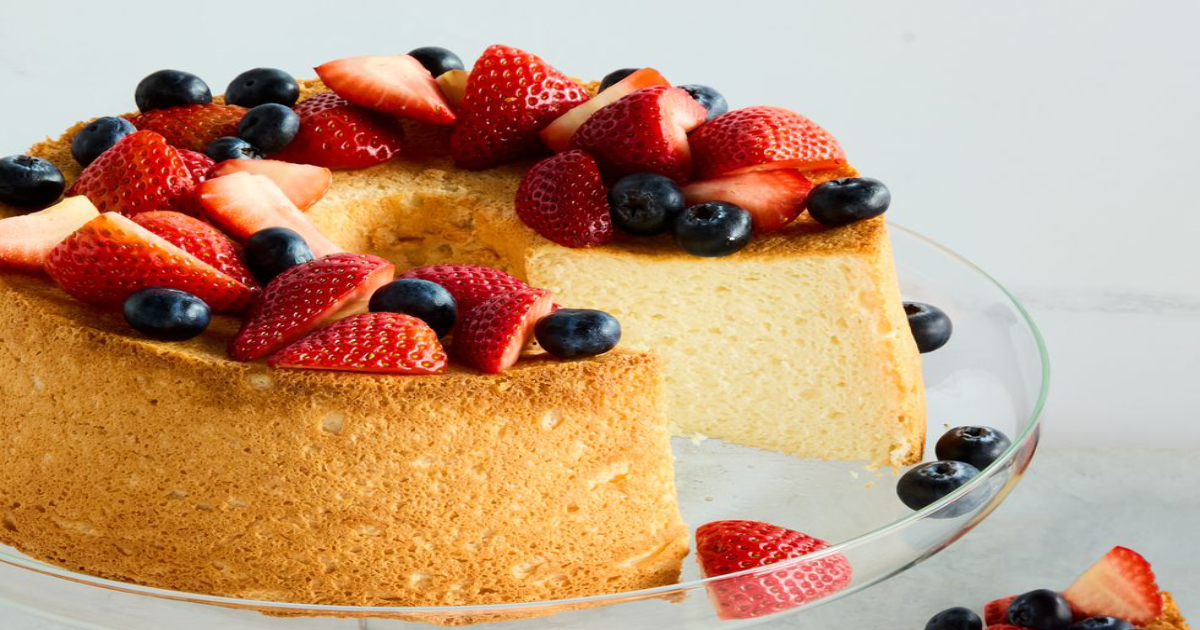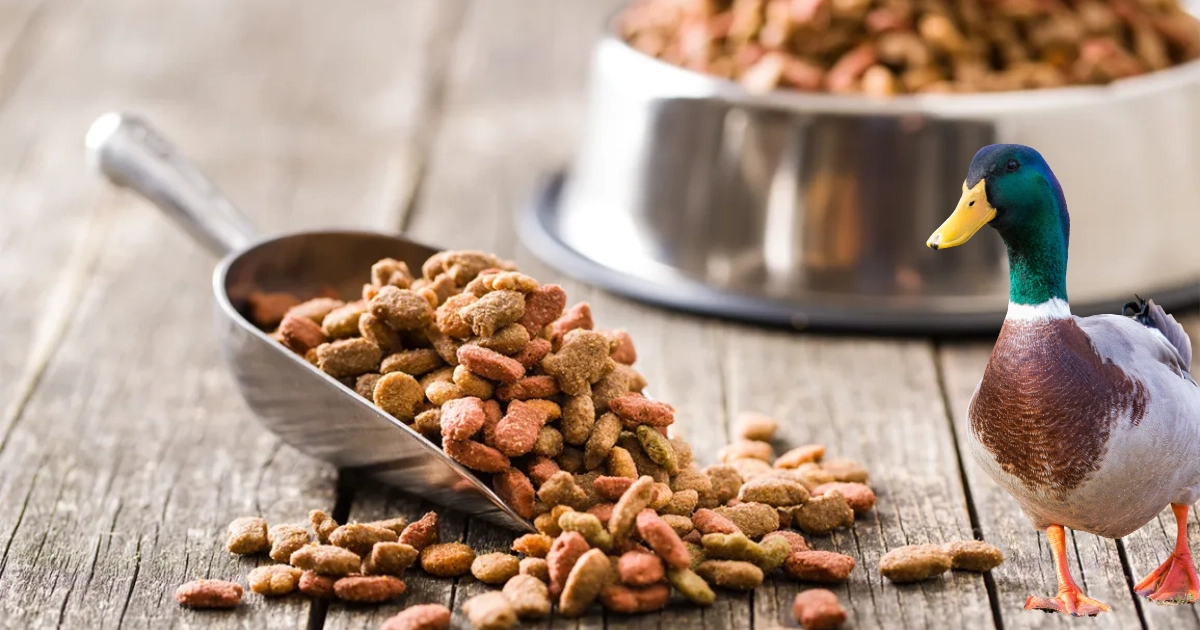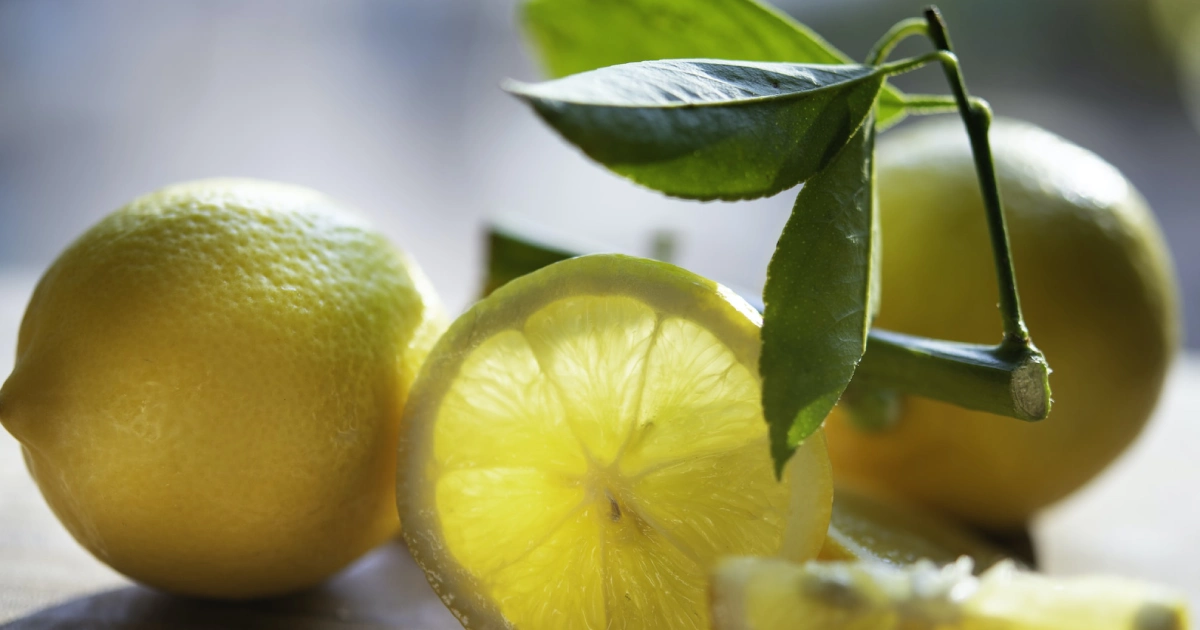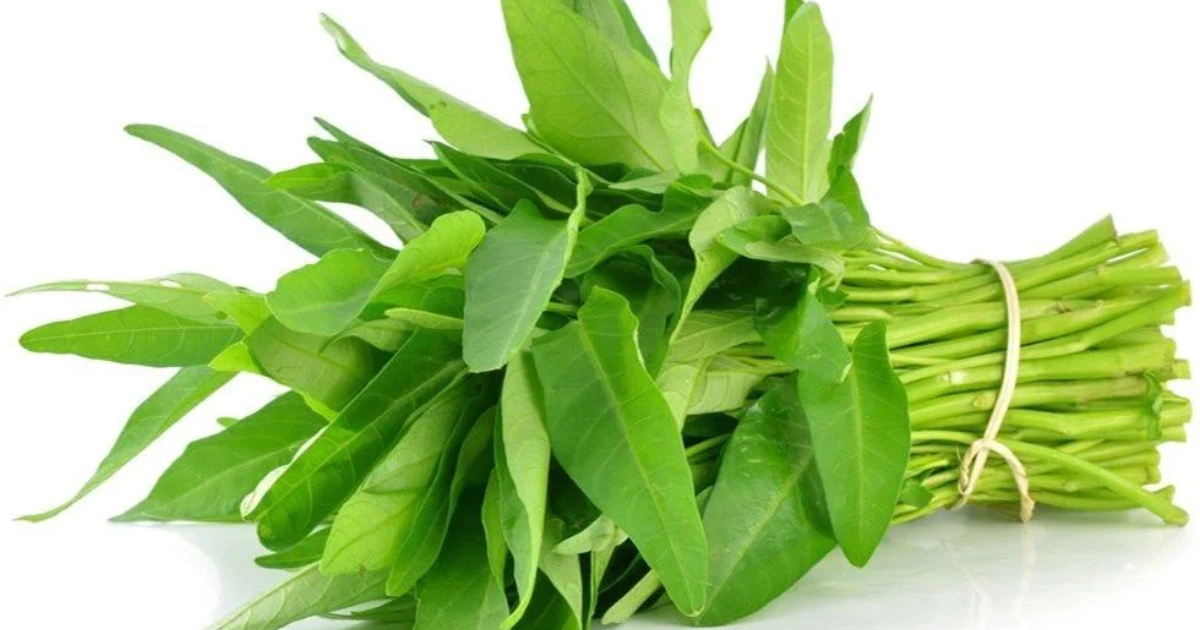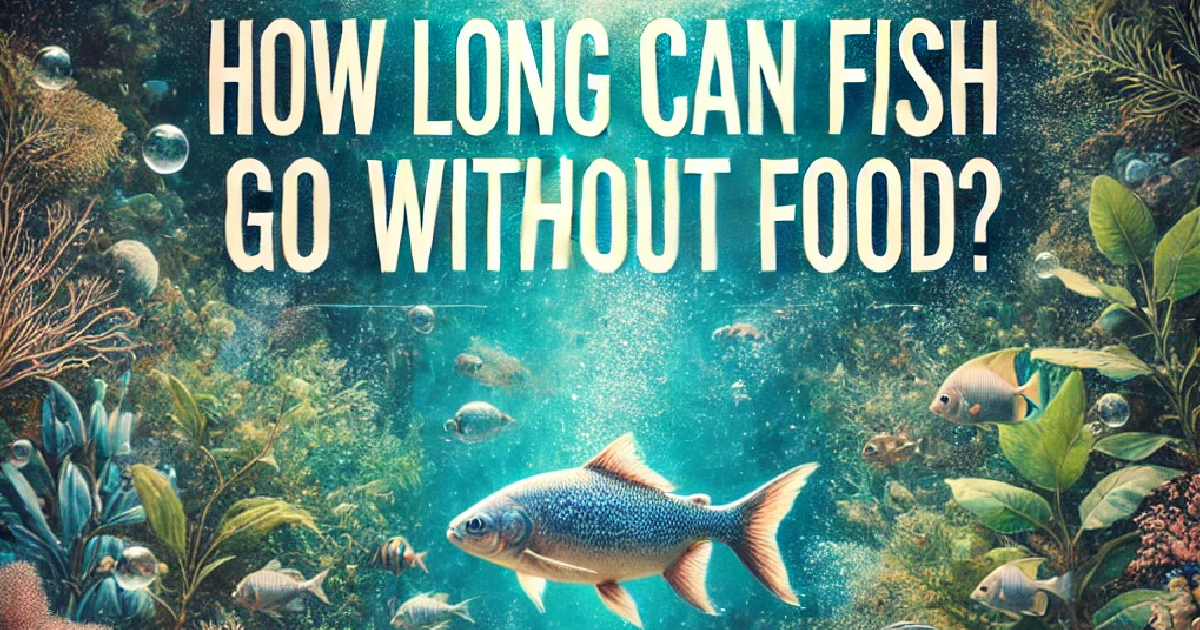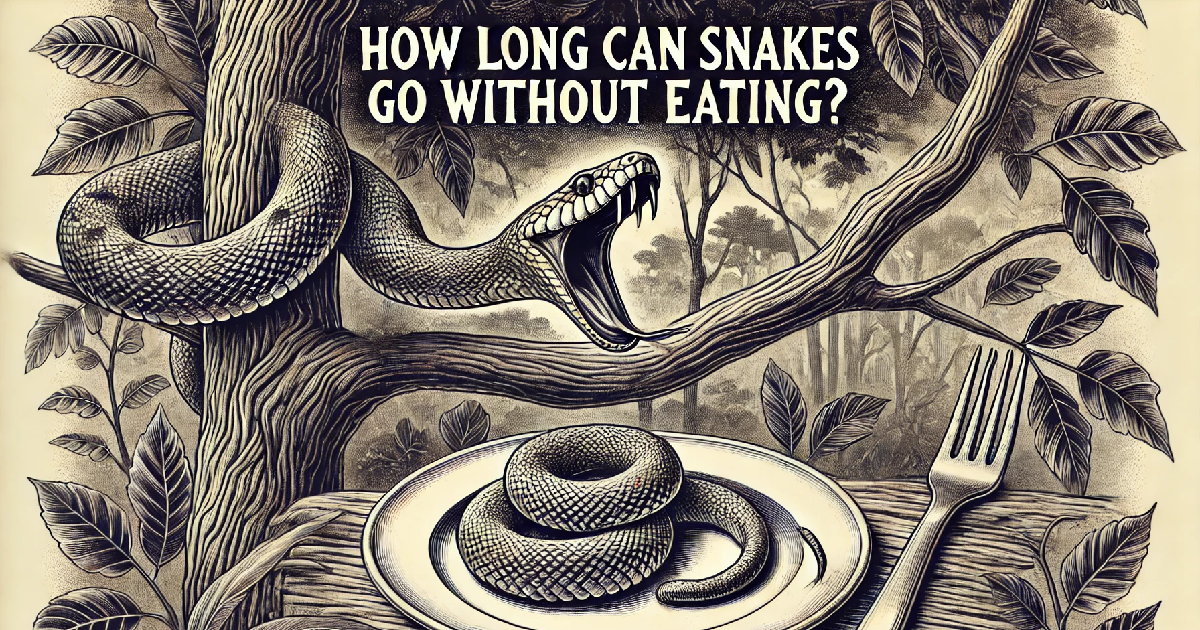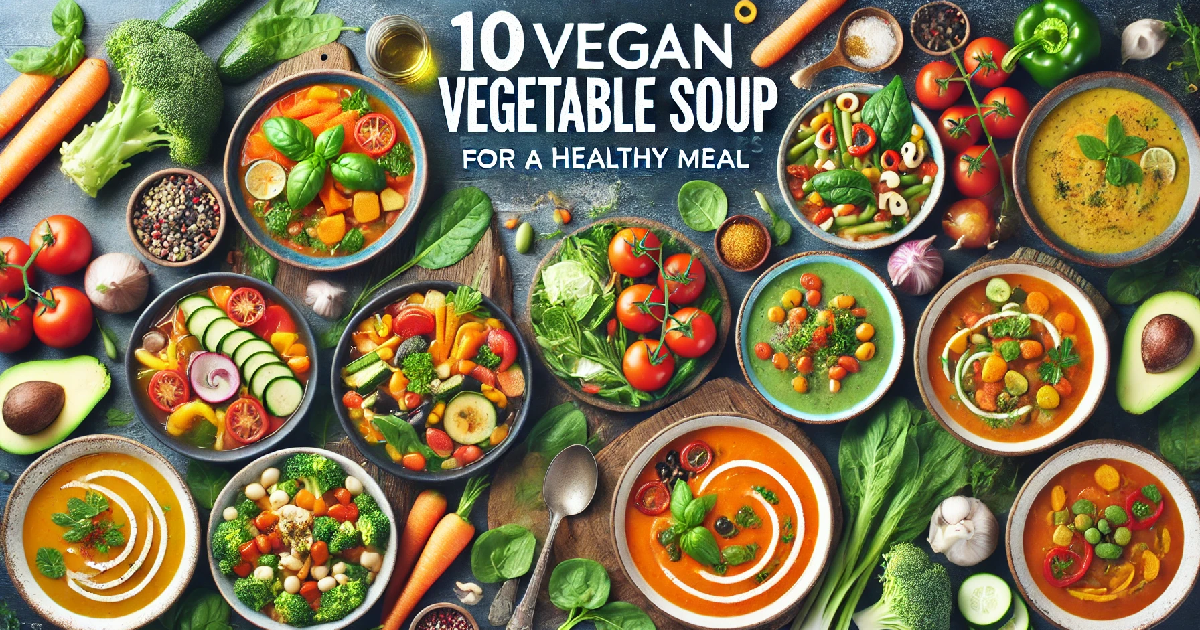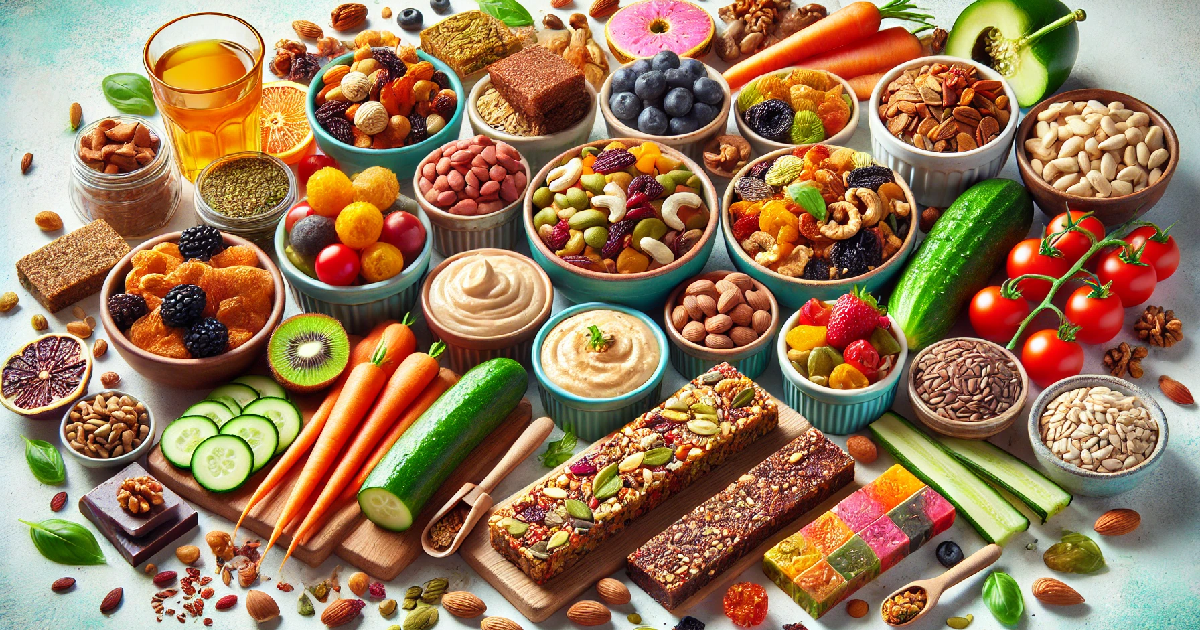Wisdom teeth removal is a common dental operation. Following the aftercare instructions from your dentist or oral surgeon is crucial to ensure proper healing and avoid complications. The most commonly asked question during this time is, “When can I eat spicy food after wisdom teeth removal?”
Spicy food lovers often crave their favourite fiery dishes soon after the surgery, but consuming certain foods too early can result in pain, discomfort, and even infection. Now, we will review how long you should wait before indulging in spicy foods again post-surgery and what precautions to take make sure e a smooth recovery process.
When Can I Eat Spicy Food After Wisdom Teeth Removal?
Wisdom teeth removal is a dental surgery that involves removing the molars at the back of your mouth. The recovery period can be uncomfortable, and following your dentist’s instructions for post-operative care is essential. The most common question patients ask after wisdom teeth removal is when they can eat spicy food.
The answer depends on your healing and what your dentist recommends. Typically, dentists will recommend a soft food diet some days after wisdom teeth removal. This includes foods like mashed potatoes, soup, yoghurt, and smoothies. After some days, you can add more solid foods to your diet. However, avoiding hot or spicy foods for at least a week after surgery is essential.
Spicy foods can irritate the gums and tissues in your mouth and cause discomfort during the healing process.
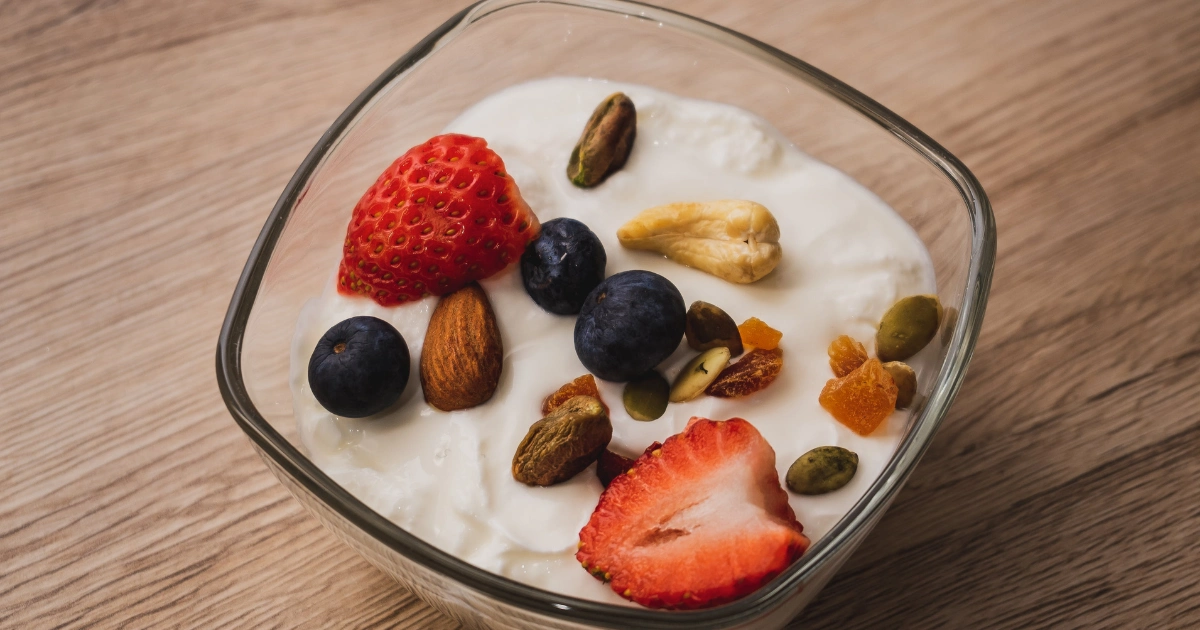
Why Can’t I Eat Spicy Food After Wisdom Teeth Removal?
First and foremost, chewing spicy foods requires a lot of pressure and movement from your mouth. This can strain the sensitive areas where your wisdom teeth were extracted, leading to swelling, bleeding or infection. Additionally, many spicy ingredients irritate the mouth and esophagus and cause pain; the pharynx adds a burden that healing tissues don’t need.
Another reason to avoid spicy foods after wisdom teeth removal is that they often contain acids or other substances that can damage tooth enamel.
Factors Affecting The Intake of Spicy Food:
The exact timeline for reintroducing spicy foods after wisdom teeth removal may differ for each person; several factors influence when it is generally safe. These factors include:
- Healing Progress: The primary consideration is the stage of your healing process. Giving your extraction sites enough time to shut and recover before eating spicy foods is critical, as they can irritate the sensitive areas and hinder the recovery process.
- Pain and Discomfort: During the initial days after the surgery, it is common to experience pain, swelling, and sensitivity in the oral cavity. Spicy foods, particularly those containing chilli peppers or hot spices, can exacerbate these symptoms and cause discomfort. It is best to wait until you’re free from significant pain and discomfort before introducing spicy foods into your diet.
- Oral Hygiene: Maintaining correct oral hygiene is essential after wisdom teeth removal to prevent infection and promote healing. Introducing spicy foods too soon may make it challenging to clean your mouth thoroughly, as the spices can cause discomfort and hinder your ability to brush and rinse effectively.
- Personal Tolerance: Each individual has a different level of tolerance for spicy foods. Some may find them more irritating and uncomfortable than others. It’s important to listen to your body and gradually reintroduce spicy foods based on your personal comfort level.
Why is Spicy Food Bad and What Happens If I Eat Spicy Food After Wisdom Teeth Removal?
Spicy food is considered bad after wisdom teeth are removed for several reasons. These are:
Potential Irritation: Spicy foods can irritate the oral tissues, especially if they come into direct contact with the extraction sites. The capsaicin present in chilli peppers, for example, can cause a burning sensation and inflammation. This irritation may impede the healing process and lead to discomfort or delayed recovery. It’s essential to wait until the extraction sites have sufficiently closed to minimize the risk of irritation.
Potential for Canker Sores: Some spicy foods, such as citrus fruits or tomatoes, can be acidic in nature. Acidic foods have the potential to cause further discomfort, especially if you’re still experiencing post-operative sensitivity or inflammation. These foods may also lead to the risk of developing mouth ulcers or canker sores. It’s advisable to avoid or limit the consumption of highly acidic spicy foods during the initial stages of your recovery.
Risk of Infection: Wisdom teeth extraction leaves open wounds in the mouth, which can be susceptible to infection. Spicy foods, particularly those that are not prepared hygienically or contain potential contaminants, may increase the risk of infection. It’s crucial to prioritize food safety and consume fresh, properly cooked meals to minimize the chances of introducing harmful bacteria into your healing extraction sites.
Swelling and Discomfort: Spicy foods can cause an increase in blood flow and potentially contribute to swelling in the oral tissues. If you’re still experiencing swelling or discomfort from the extraction, it’s best to wait until these symptoms have subsided before incorporating spicy foods into your diet.
Delayed Healing: Consuming spicy foods too soon after wisdom teeth removal can impede the healing process by irritating the extraction sites and potentially disrupting the formation of blood clots.
Sensitivity and Inflammation: Spicy foods can worsen post-operative sensitivity and inflammation, causing heightened pain and discomfort.
Difficulty in Oral Hygiene: Spicy foods can make it challenging to maintain proper oral hygiene after the surgery, as the spices may cause discomfort, making it difficult to brush and rinse effectively.
Can I Eat Spicy Food 3 Days After Tooth Extraction?
The standard dental procedure for removing a damaged or decayed tooth from its cavity is tooth extraction. Recovery after tooth extraction requires proper care and attention to avoid complications such as bleeding, pain, infection, and swelling. The most common question that patients ask their dentists after a tooth extraction is whether they can eat spicy food 3 days after the procedure.
While it’s natural to crave your favourite foods following a tooth extraction, it’s important to understand that you should follow some dietary restrictions in the first few days of recovery. Generally speaking, you should stick to soft and bland foods such as mashed potatoes, soup, yoghurt, smoothies, and scrambled eggs for at least three days after tooth removal. Avoid anything crunchy or chewy, as these types of food can irritate the surgical site and cause discomfort.
When can I Start Eating Normally After Tooth Extraction?
After tooth extraction, your mouth requires time to heal correctly. That means you may have to comfort your diet until the healing process is complete. However, the question on most people’s minds is when they can start eating normally again after tooth extraction.
The reply depends on the individual’s healing process and how well they are aftercare of their mouth. Typically, it takes about 24-48 hours for the gum tissue to heal; during this time, you need to stick to things that are easy to chew, such as soup, mashed potatoes, and smoothies. After two days, you can gradually start introducing solid foods into your diet as long as they are not too hard or crunchy.
It is essential to avoid hot and spicy foods during the first few days following tooth extraction, as these can irritate the wound and cause discomfort.
Can I Eat Chicken Nuggets and Ramen 3 Days After Wisdom Teeth Removal ?
If you’re among the many people who recently had their wisdom teeth removed, you may wonder what foods are safe to eat. You might be tempted to indulge in some of your favourite snacks, such as chicken nuggets and Ramen, but it’s important to consider whether or not doing so just three days after surgery is safe. It could not be as obvious as it first seems to be what the appropriate response is.
It could not be as obvious as it first seems to be what the appropriate response is.
Due to the fact that getting your wisdom teeth pulled can be a somewhat unpleasant experience, it is extremely required to take care of yourself during the healing phase that follows. Although it is common knowledge that patients should stick to liquid diets for the first few days after surgery, there is always the possibility that they can tolerate more solid diets sooner than expected. Chicken nuggets and Ramen are famous among those recovering from wisdom teeth extraction because they are easy to prepare and consume. Although, these foods may not be the best choice for everyone.
Can I Eat Rice After Wisdom Teeth Removal ?
After wisdom teeth removal, it can be challenging to decide what foods to eat without causing any discomfort or complications. Many patients wonder if they can eat rice after wisdom teeth removal. The positive aspect is that people who have recently undertaken this procedure can benefit from eating soft rice.
Rice is soft and easy to chew, making it an ideal food choice for those recovering from oral surgery. In fact, many dentists recommend incorporating soft and bland foods like rice into your diet following wisdom teeth removal. Rice also provides essential carbohydrates and nutrients that your body needs during the healing process.
List of Soft Foods To Eat After Wisdom Teeth Removal:
After wisdom teeth removal, it is crucial to avoid hard, crunchy, and chewy foods for several days to prevent discomfort and promote healing. Soft foods are ideal because they are easy to swallow and don’t require much effort from your jaws.
Here Are Soft Foods That You Can Eat After Wisdom Teeth Removal:
Mashed Potatoes: This classic comfort food is perfect for those who need something filling but gentle on their mouths.
Soup: Broth-based soups like chicken noodles or tomato soup will provide nutrients without causing pain or discomfort.
Smoothies fruits: Blended fruit smoothies can be an excellent source of vitamins while being easy on your sensitive mouth.
Yoghurt: Opt for yoghurt with no chunks or granola, which could irritate the surgical site.
Egg: Scrambled eggs are a good choice after wisdom teeth removal. Eggs contain vitamin D, protein and minerals. Scrambled egg is best because it is easier to chew and swallow.
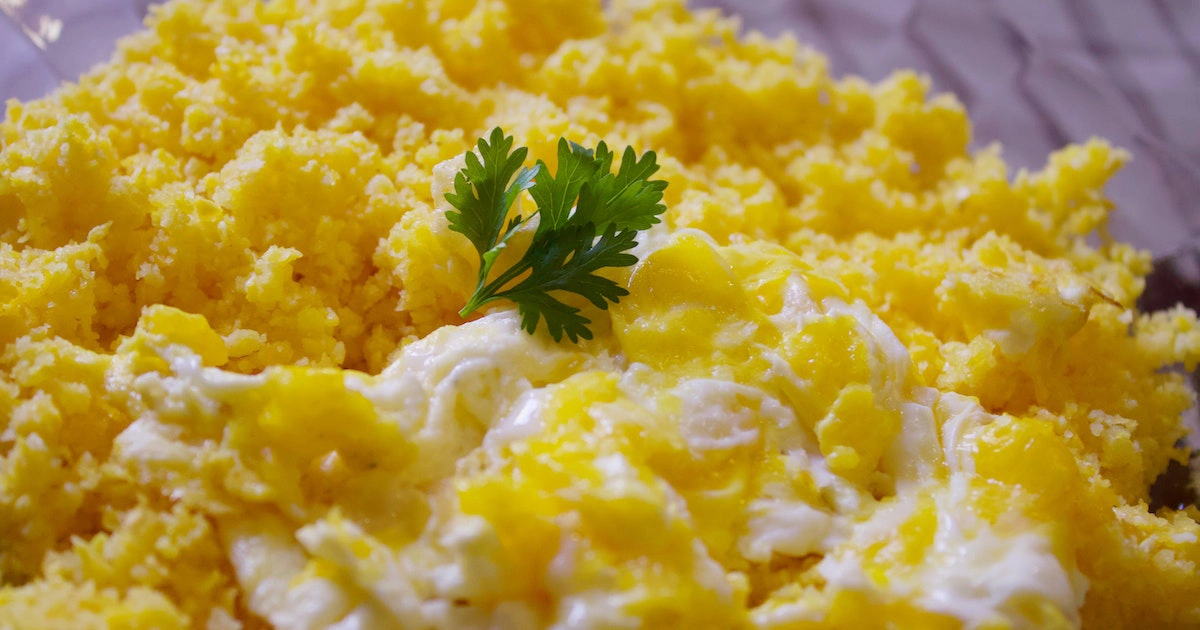
How Long Should I Take Painkillers After Tooth Extraction?
Tooth extraction can be a painful and unpleasant experience, so many people resort to painkillers to mitigate the pain. Though, it’s essential to know how long you should take painkillers after tooth extraction to avoid any potential health risks.
The answer to how long you should take analgesics after tooth extraction may differ according to the type of operation, your age and your overall health condition. Generally speaking, most dentists prescribe painkillers for up to three days following a tooth extraction procedure. This is because the initial swelling and discomfort would have subsided significantly by then.
It is crucial not to exceed the prescribed dosage or duration of painkiller use after tooth extraction, as doing so could result in addiction or other severe side effects.
Conclusion:
In conclusion, eating spicy food after wisdom teeth removal can be a risky decision. You have a minimum of one week to wait before indulging in your favourite spicy dishes to allow for proper healing. Introducing spicy foods too soon could exacerbate the pain and inflammation from the surgery and delay the healing process. In addition, it is crucial to pay close attention to any discomfort or pain that may arise when consuming spicy foods after surgery. Patience is critical to recovery from wisdom teeth extraction, so don’t rush into anything too soon. Follow your dentist’s instructions and care for yourself during this time to ensure a smooth recovery.
FAQ


